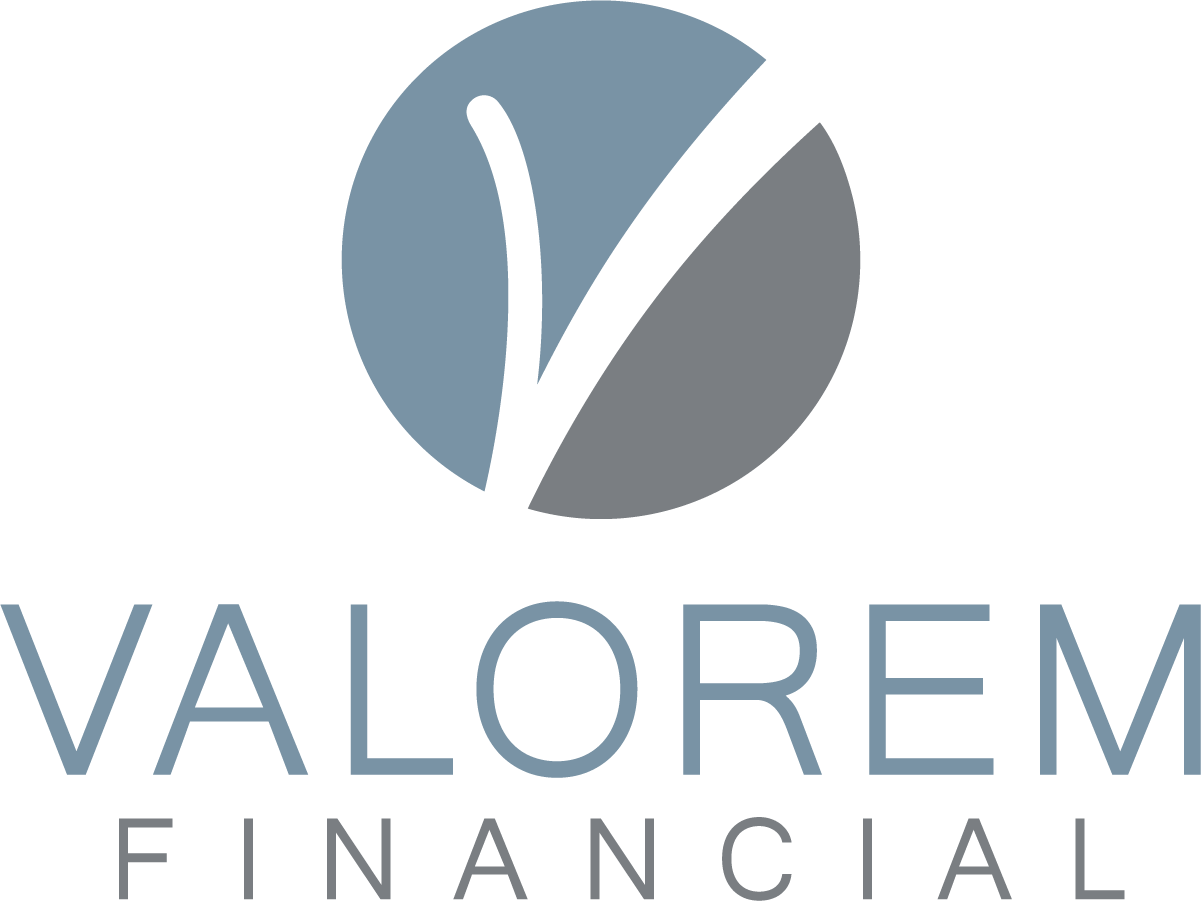It’s common knowledge that investing in mutual funds, index funds, or exchange-traded funds (ETFs) can help build a diversified portfolio. These funds hold diverse baskets of securities, including stocks, bonds and other assets from real estate to derivatives. By investing your money in a variety of investments, you help minimize the risk that your investments will lose value all at once, and you broaden your opportunity for gains.
But how do you choose between these options? Each type of fund has its own advantages and drawbacks, and with planning you and your financial advisor can work to determine which is best for you.
What are mutual funds?
A mutual fund pools money from many investors and uses it to invest in a variety of securities. Mutual fund shares represent partial ownership of the fund and entitle investors to the income generated by that portion. These funds tend to have minimum investment amounts between $500 and $5,000.
Mutual funds are usually actively managed. Experienced professionals select and monitor the securities held in the fund, with the aim of maximizing return while ensuring their selections meet the goals laid out in the mutual fund’s prospectus. Active management can make mutual funds a relatively expensive choice compared to other fund options. Compare fund expenses by looking at a fund’s expense ratio, which compares total fund costs to total fund assets. The lower this percentage, the cheaper the fund is to own. On the other hand, higher expenses can eat into your long-term returns.
Unlike stocks, which trade throughout the day, mutual funds only trade once per day after the market closes. Prices are based on a fund’s current net asset value (NAV), calculated by adding the total value of the fund’s holdings and subtracting its liabilities.
In addition to stock and bond funds, money market and target-date funds (TDFs) are other common mutual fund options. Money market funds invest in short-term debt. They’re designed to provide higher returns than interest-bearing bank accounts, and are used by individuals and institutional investors to invest in shares of government bonds, corporate stock, bank debt, and more. TDFs are popular retirement investment vehicles. Individuals select a TDF with a particular a target date, such as the year they wish to retire, and the fund gradually shifts to a more conservative asset allocation as that date approaches.
What are ETFs?
ETFs differ from mutual funds largely in the way investors purchase them. They are traded on the stock market throughout the day just like stocks, making them a more liquid option than mutual funds. There are no minimum investment amounts, and some brokers even allow you to buy fractional shares.
ETFs are usually passively managed, built to track a broad market benchmark. Passive management doesn’t require daily human touch, which often makes them a cheaper option than mutual funds. That said, some actively managed ETFs do exist, often with the goal to outperform a benchmark. Investors will likely pay more for active funds.
What are index funds?
An index fund can be a mutual fund or an ETF, but they are passively managed and built to track a market index, such as the S&P 500 or Russell 2000, for instance. Depending on the design of the index fund it may track all or a portion of the securities in a given index. As mentioned above, passively managed funds tend to be cheaper than active alternatives.
Contact us today to discuss your short- and long-term investment goals and we can help guide you toward the investment tools that are right for you.
Sources
https://www.sec.gov/investor/pubs/sec-guide-to-mutual-funds.pdf
https://www.cnbc.com/select/what-are-index-funds/
https://www.cnbc.com/select/what-are-etfs-should-you-invest/
https://www.investopedia.com/articles/exchangetradedfunds/12/brief-history-exchange-traded-funds.asp
A diversified portfolio does not assure a profit or protect against loss in a declining market.
The target date of a target date fund may be a useful starting point in selecting a fund, but investors should not rely solely on the date when choosing a fund or deciding to remain invested in one. Investors should consider funds’ asset allocation over the whole life of the fund. Often target date funds invest in other mutual funds and fees may be charged by both the target date fund and the underlying mutual funds. The principal value of these funds is not guaranteed at any time, including at the target date.
S&P 500 – A capitalization-weighted index of 500 stocks designed to measure performance of the broad domestic economy through changes in the aggregate market value of 500 stocks representing all major industries.
Russell 2000 – The Russell 2000 is a stock market index measuring the performance of 2000 small capitalization stocks. It represents the 2000 smallest companies in the Russell 3000 Index, which in turn represents the 3000 largest companies in the U.S. Thus, the Russell 2000 is a barometer of small-cap stocks. Though small, the companies represented by the Russell 2000 are not the smallest of the small as they are not penny stocks. The Russell 2000 is weighted by the market capitalization of the stocks.
Investing in mutual funds is subject to risk and loss of principal. There is no assurance or certainty that any investment strategy will be successful in meeting its objectives.
Investors should consider the investment objectives, risks and charges and expenses of the funds carefully before investing. The prospectus contains this and other information about the funds. Contact Valorem Financial at 7609 Grandview Ave, Arvada CO 80002 or 303.393.2456 to obtain a prospectus, which should be read carefully before investing or sending money.
This piece is not intended to provide specific legal, tax, or other professional advice. For a comprehensive review of your personal situation, always consult with a tax or legal advisor.


